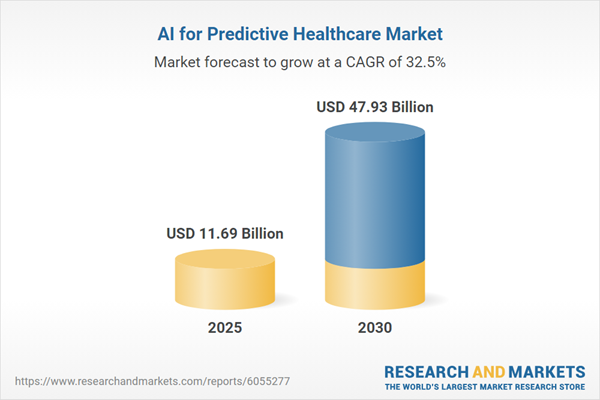
AI in Healthcare: Revolutionizing Patient Care and Efficiency
It's 2025, and the healthcare landscape is undergoing a seismic shift thanks to the transformative power of artificial intelligence (AI). No longer confined to the pages of science fiction, AI is reshaping how we think about medical care, promising personalized treatments and operational efficiency that were once unimaginable. As healthcare systems worldwide grapple with the dual challenges of improving patient outcomes and reducing costs, AI is stepping up as a potent ally.
Personalized Treatment Plans: A Game Changer
One of the most exciting developments in AI in healthcare is its ability to generate personalized treatment plans. Advanced algorithms can analyze massive datasets, which include everything from electronic health records to data from wearable devices, to create a comprehensive profile of each patient. This data-driven approach enables doctors to tailor treatments to individual needs, potentially enhancing outcomes and minimizing adverse reactions.
Dr. Alicia Chen, a leading AI researcher at the Mayo Clinic, explains, "We're moving towards a future where treatment isn't just about what works for the average patient, but what works for you specifically. AI helps identify patterns we humans might miss, offering insights that are both profound and actionable."
Boosting Operational Efficiency
Beyond personalized care, AI is enhancing the efficiency of healthcare operations. Intelligent automation tools are streamlining administrative tasks, allowing healthcare professionals to focus more on patient care and less on paperwork. Robotic process automation is particularly effective in areas like billing and scheduling, which are traditionally labor-intensive.
"By 2025, AI-driven automation is expected to save the global healthcare industry around $150 billion annually in administrative costs," notes a report from EY. The ripple effect is significant, leading to faster patient throughput and reduced wait times, thus improving the overall patient experience.
Predictive Analytics: Preventing Illness Before It Starts
AI's role isn't limited to treatment; it’s also about prevention. Predictive analytics, powered by AI, can identify patients at risk of developing certain conditions before they manifest, allowing for early intervention. This proactive approach is crucial in managing chronic diseases, which are a significant burden on healthcare systems worldwide.
"Imagine being able to predict a stroke before it happens," says Dr. Chen. "With AI, that's becoming a reality. We're not just treating diseases; we're preventing them, which is the ultimate goal."
Real-time Monitoring and Telemedicine
The COVID-19 pandemic accelerated the adoption of telemedicine, and AI is further propelling this trend. Advanced AI analytics provide real-time monitoring of patient vitals through IoT devices, ensuring that doctors can keep an eye on patients even from afar. This is particularly beneficial in rural or underserved areas where access to traditional healthcare facilities may be limited.
According to the World Health Organization, telemedicine visits soared by over 60% in 2024, and that trend shows no signs of slowing down. With AI, telehealth services are becoming more sophisticated, enabling comprehensive patient assessments that rival in-person consultations.

Addressing Challenges and Ethical Concerns
While the benefits of AI in healthcare are undeniable, it's not without challenges. Issues around data privacy, security, and the ethical use of AI are hot topics. The integration of AI into healthcare requires robust frameworks to ensure data is used responsibly and effectively.
Governments and organizations are working towards creating guidelines that ensure AI’s deployment in healthcare respects privacy and ethical standards. The American Medical Association has laid out principles to guide AI's integration, emphasizing the importance of transparency, accountability, and patient engagement.
The Road Ahead
As we move deeper into the 21st century, AI's role in healthcare will only grow. It's a brave new world where technology meets compassion, and the potential to improve human health is profound. As AI becomes more sophisticated, it will continue to unlock new possibilities, not only making healthcare more efficient but also more human.
In the words of Dr. Chen, "AI isn't about replacing doctors. It's about augmenting their capabilities, freeing them to do what they do best: care for patients."

The future of healthcare is here, and with AI, it's looking brighter than ever. As systems continue to evolve, the ultimate winners will be the patients, whose lives will be touched by more precise, efficient, and personalized care. AI is not just revolutionizing healthcare; it's reimagining it.